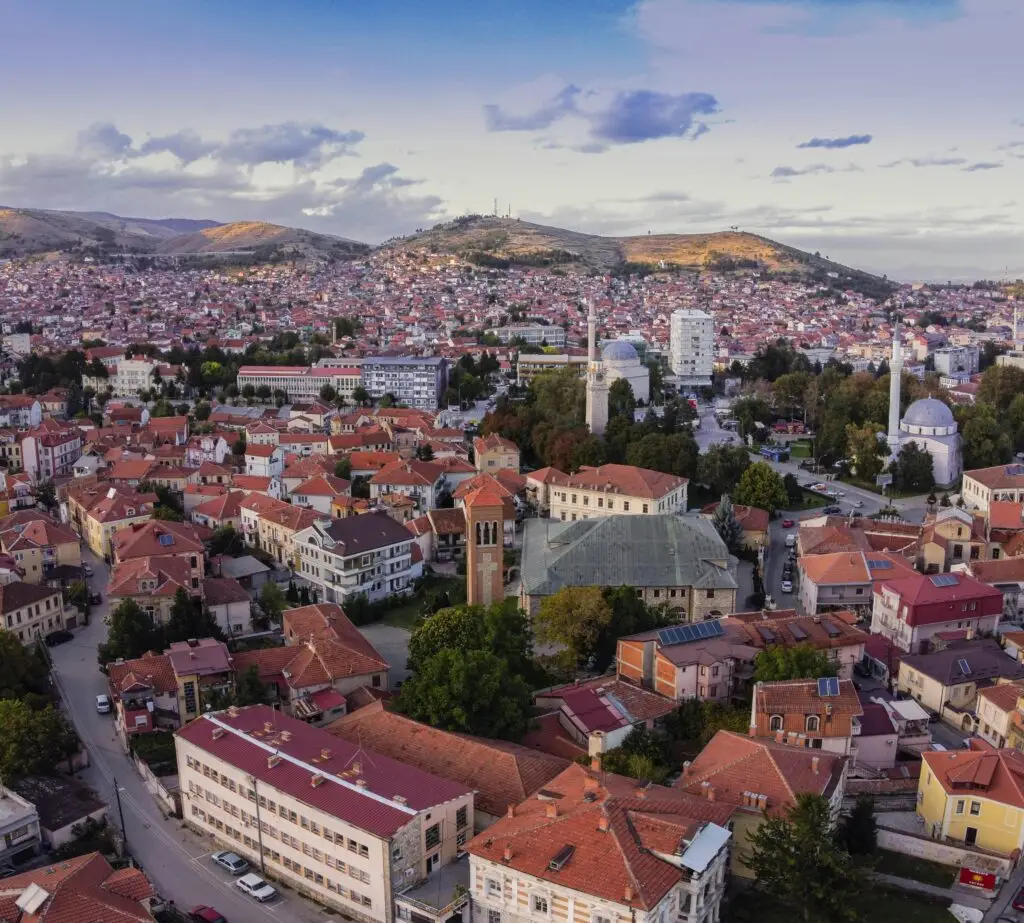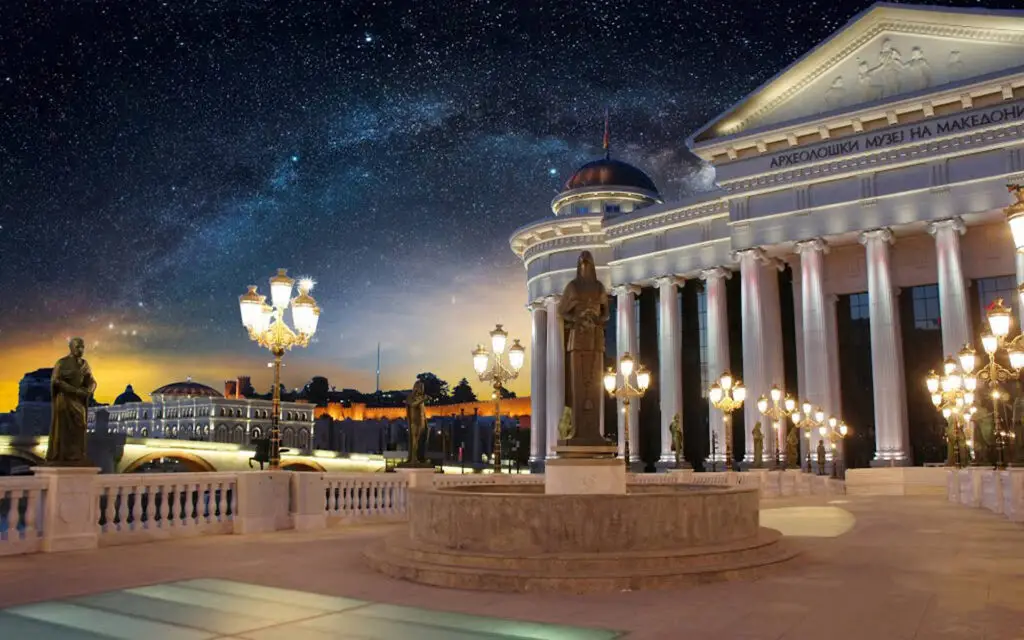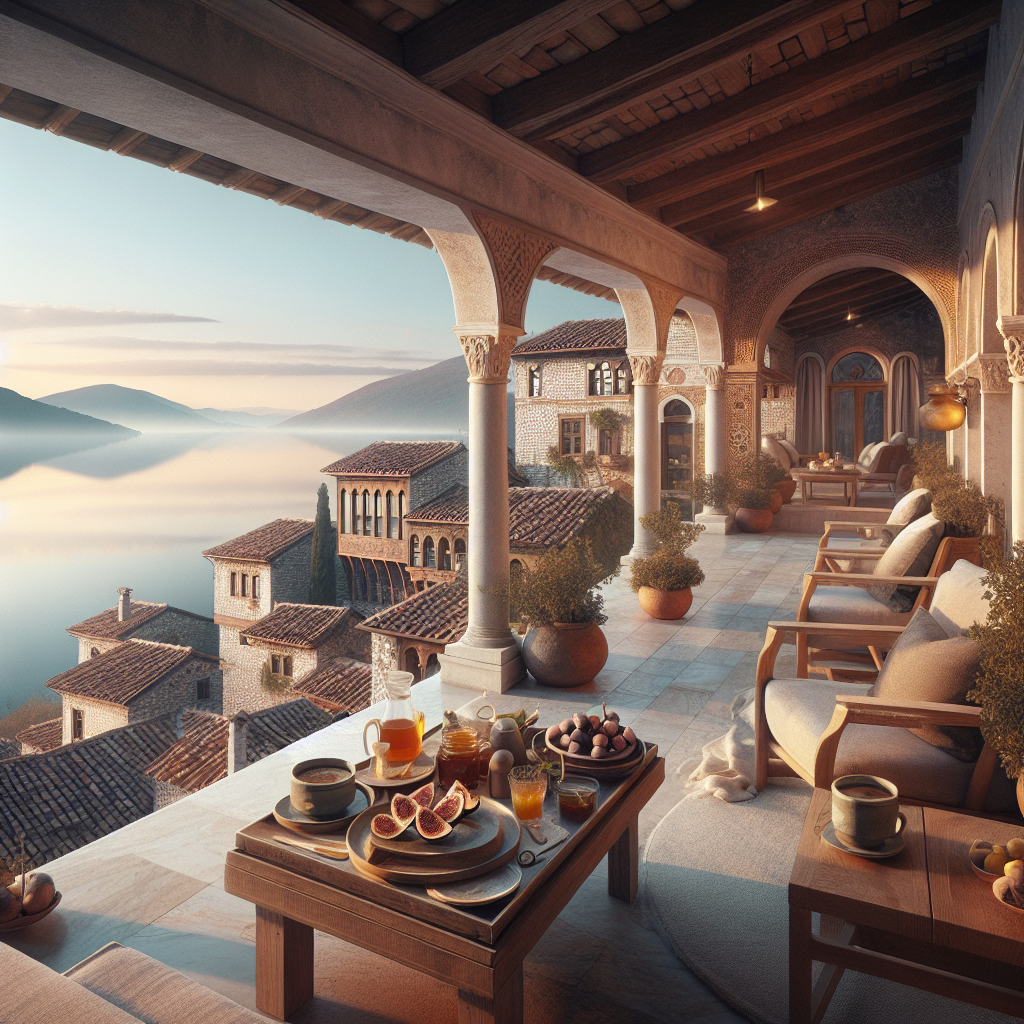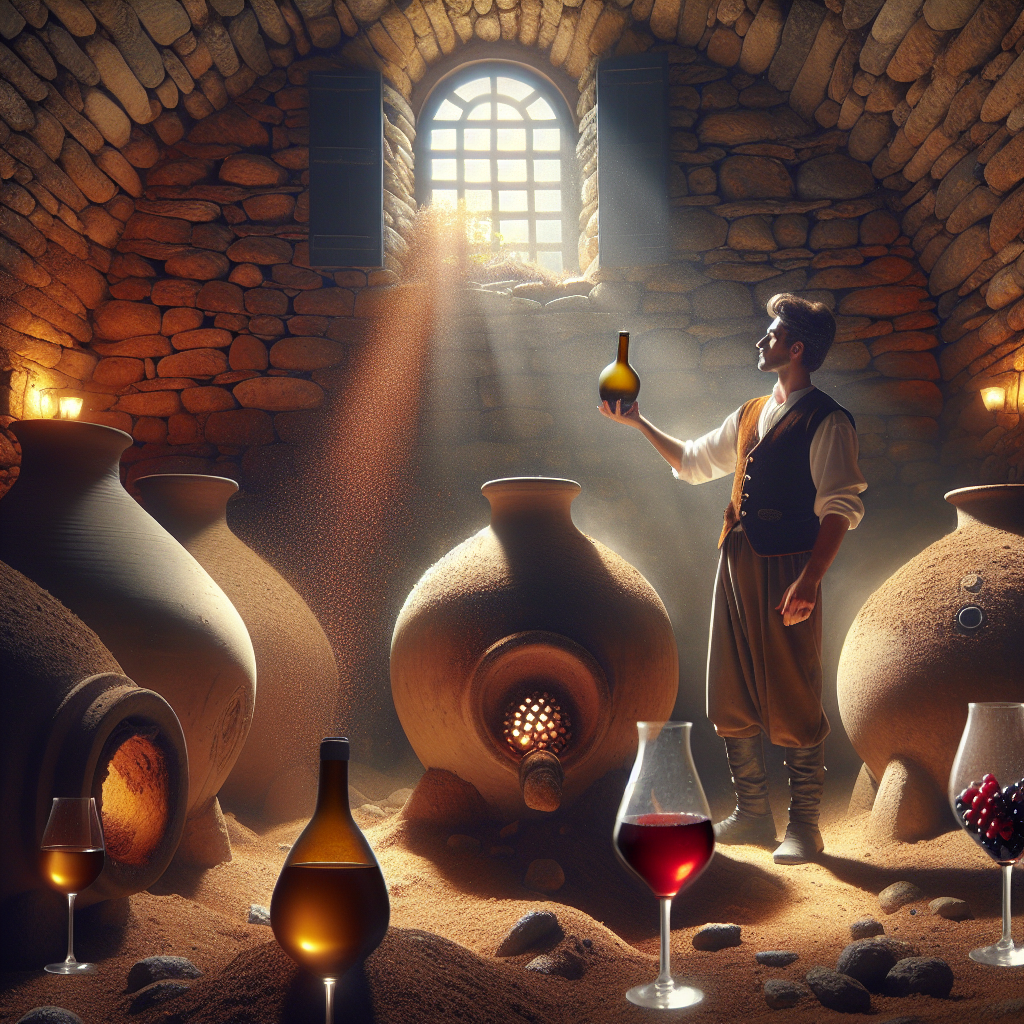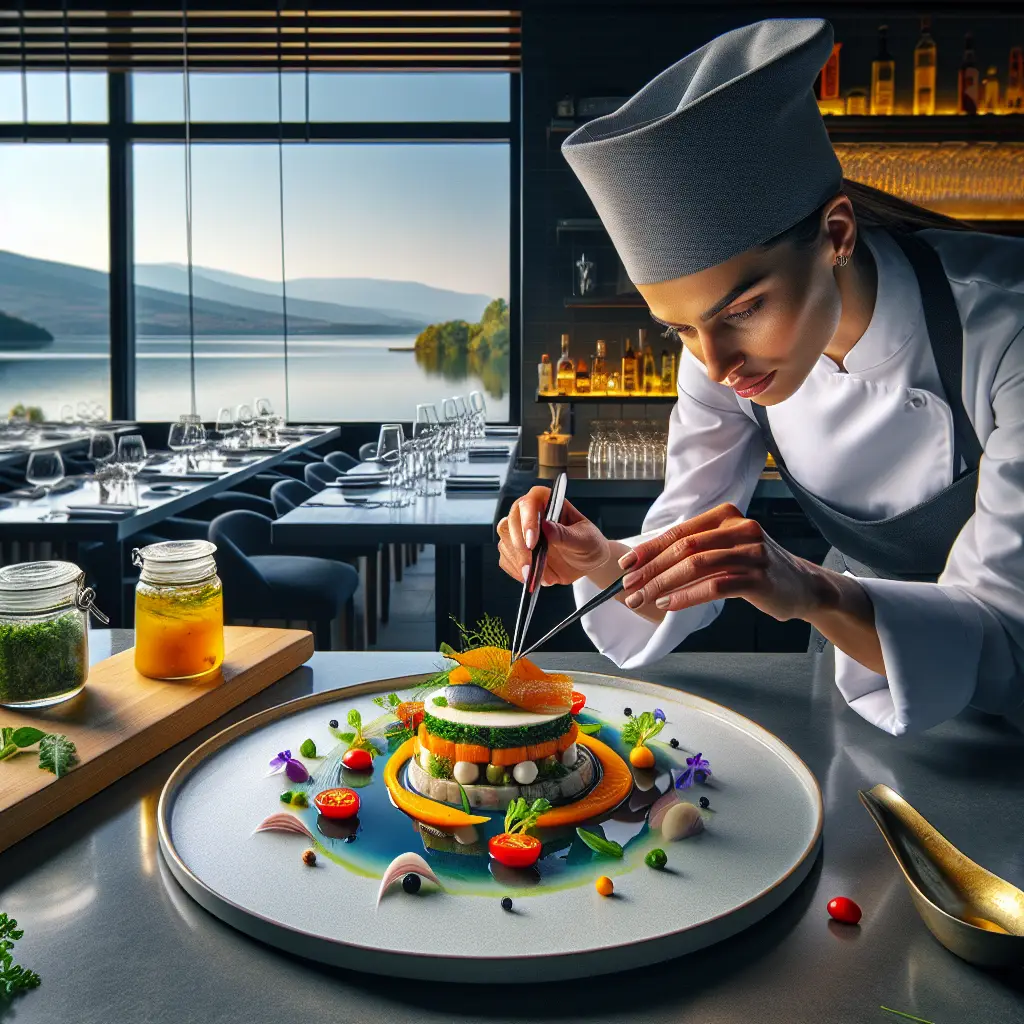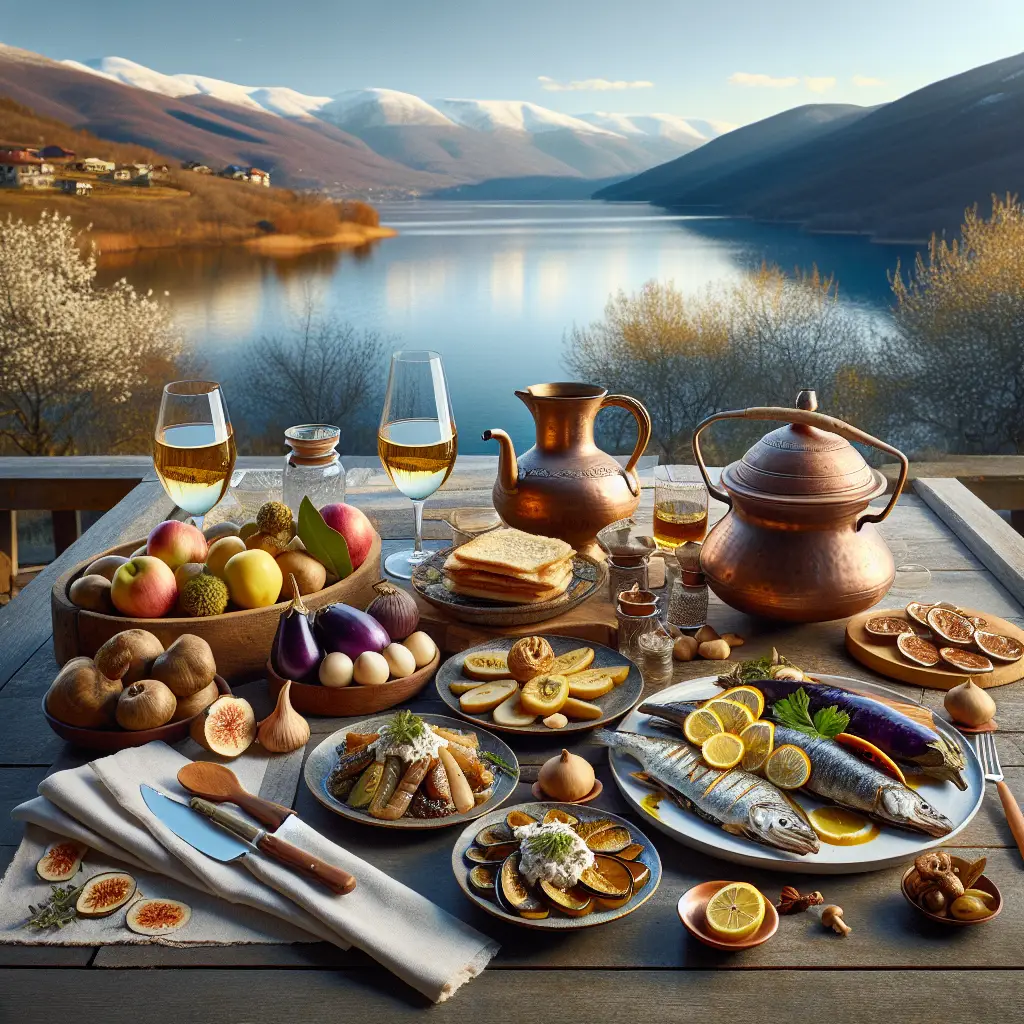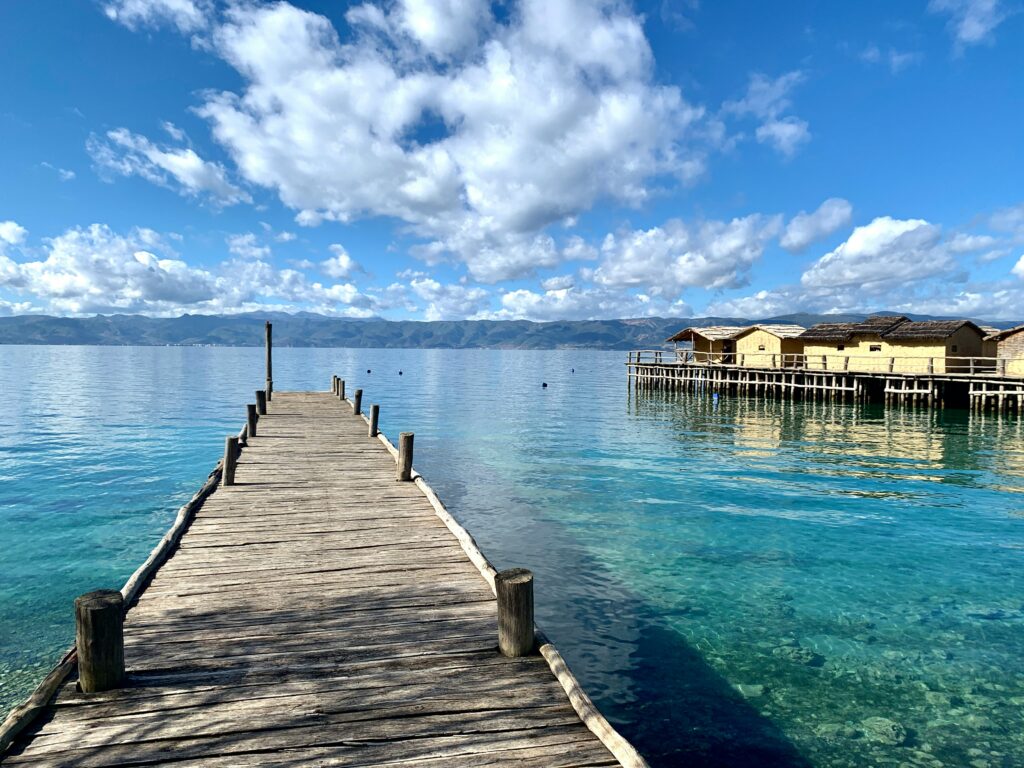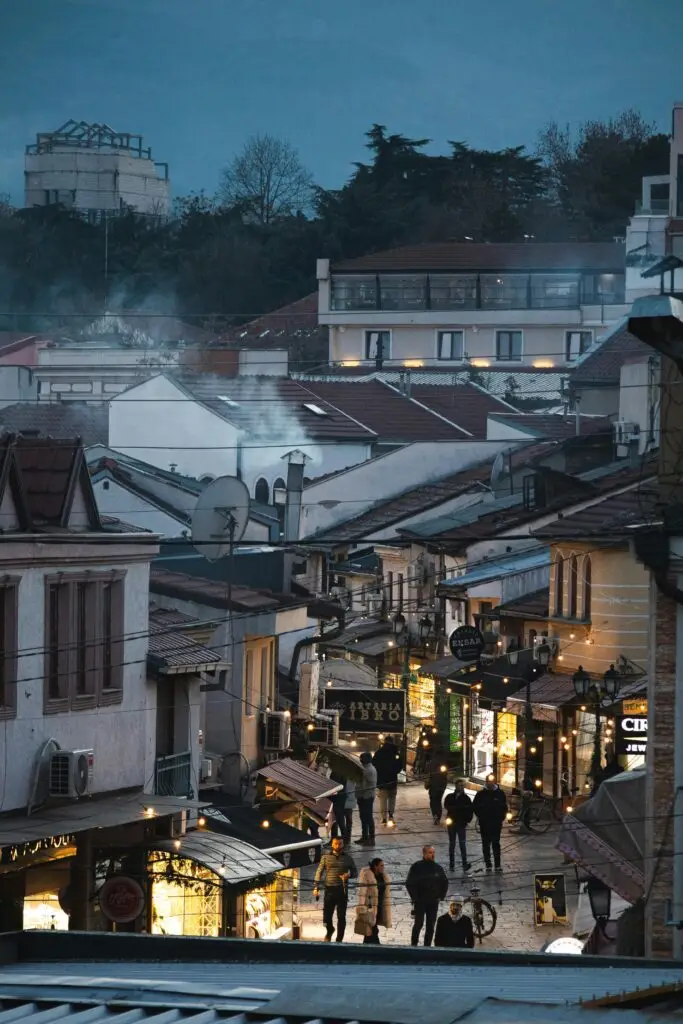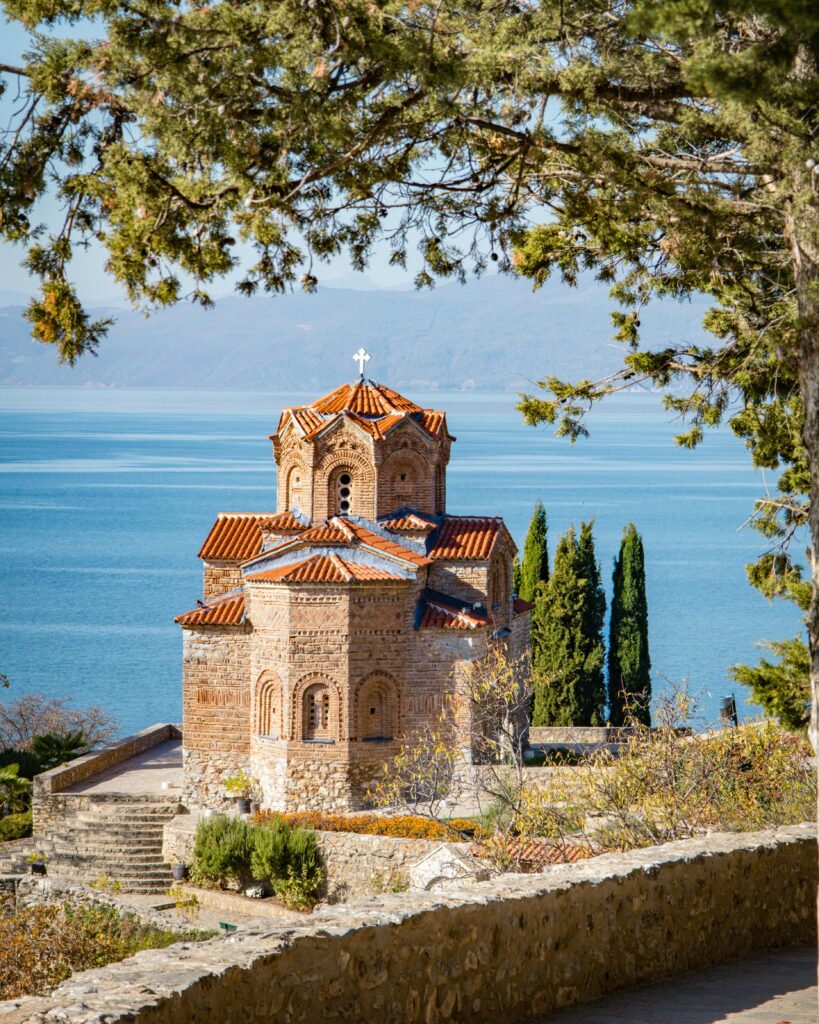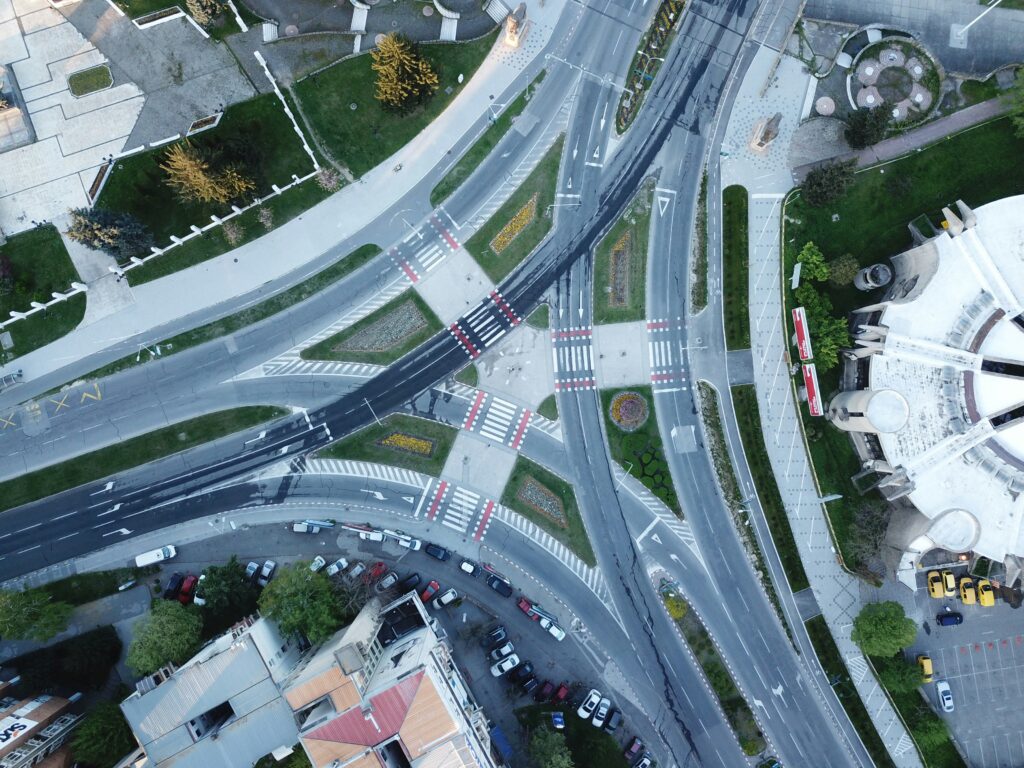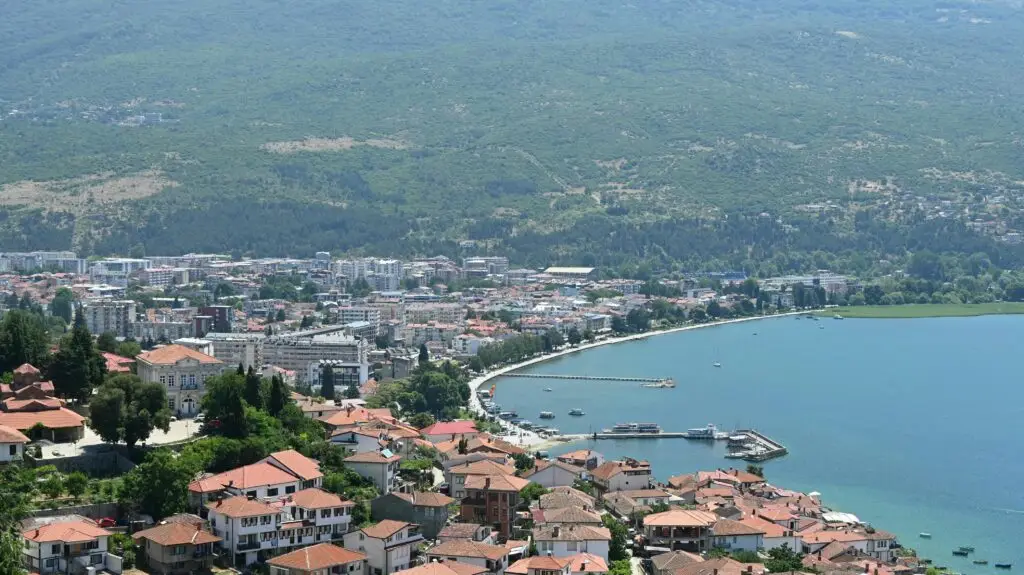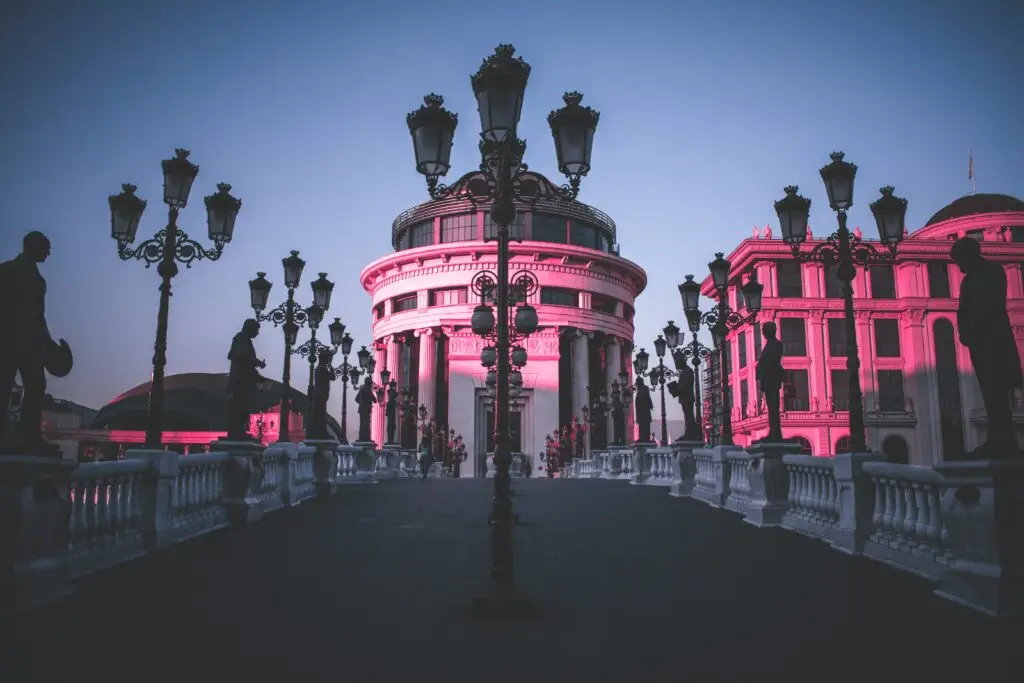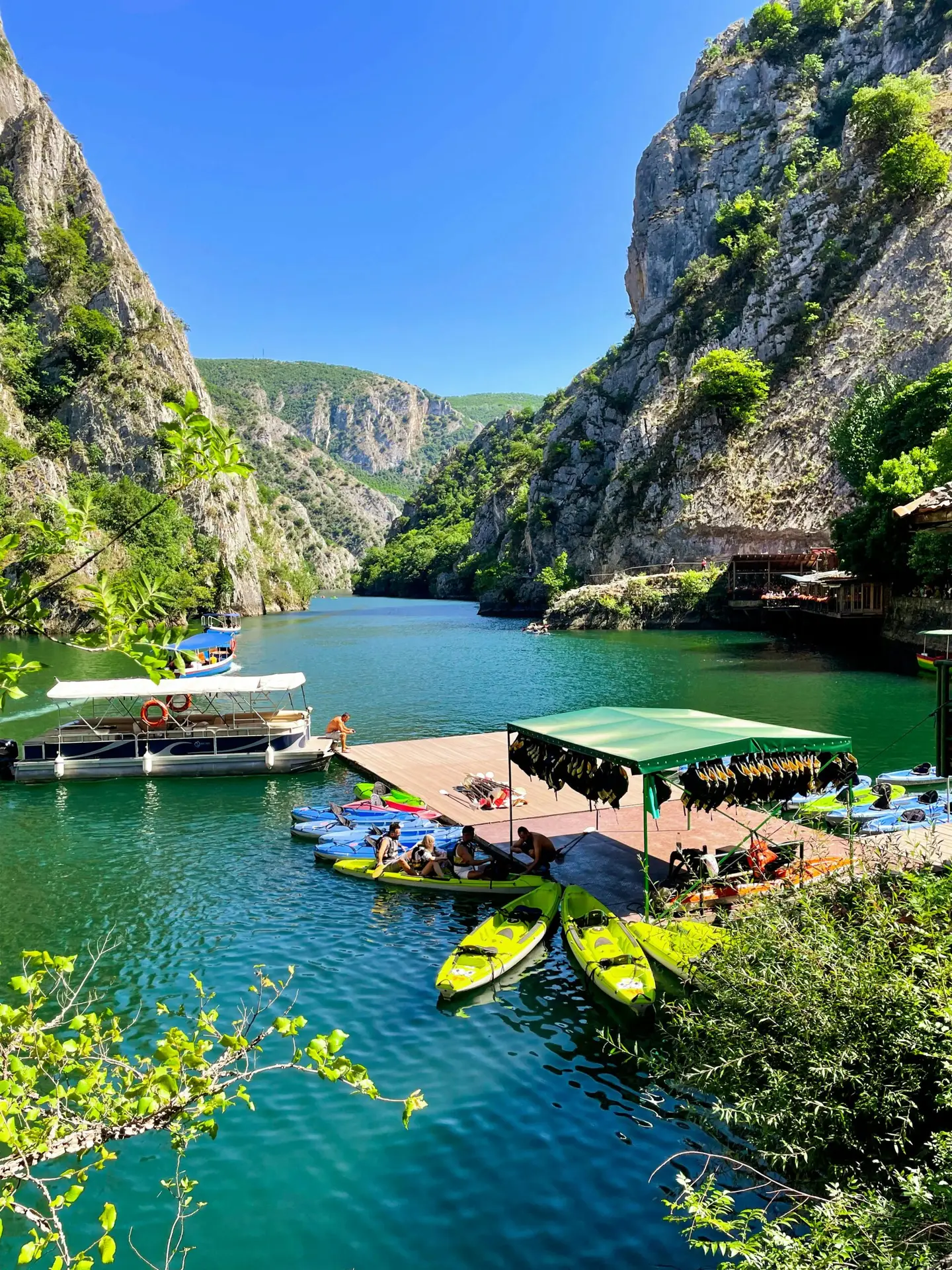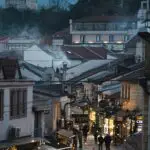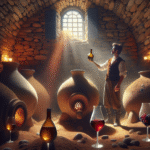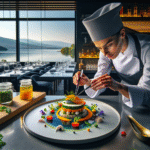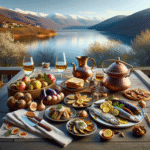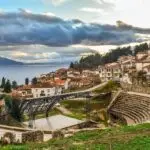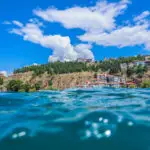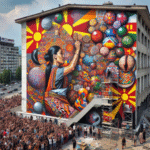Now Reading: Bitola: The City of Consuls Where Ottoman Elegance Meets European Charm
-
01
Bitola: The City of Consuls Where Ottoman Elegance Meets European Charm
Bitola: The City of Consuls Where Ottoman Elegance Meets European Charm

North Macedonia's second-largest city offers visitors wide boulevards lined with Neo-classical buildings, excellent coffee culture, and a fascinating blend of Balkan and European influences that earned it the nickname "City of Consuls" during the Ottoman era.
The afternoon sun casts long shadows along Širok Sokak, Bitola’s pedestrianised main promenade, as locals engage in the daily ritual of korzo – the traditional evening stroll where people see and be seen. Elegant 19th-century buildings in soft pastel hues line the boulevard, housing everything from contemporary cafés to artisanal ice cream shops. At outdoor tables, conversations flow in multiple languages over tiny cups of Turkish coffee or craft beers, while further along, the Ottoman clock tower stands as a reminder of the city’s layered history.
“Bitola has always been at a crossroads of cultures,” explains local historian and tour guide Petar Nikolovski. “During the late Ottoman period, more than a dozen European countries maintained consulates here, giving the city its nickname ‘City of Consuls’ and creating a cosmopolitan atmosphere that persists today.”
This cosmopolitan character is immediately evident in the city’s architecture, where Ottoman structures stand alongside neoclassical buildings and art nouveau details. Unlike Skopje with its controversial architectural makeover, Bitola has preserved its authentic historical fabric, creating a living museum of architectural styles spanning centuries.
The heart of Ottoman Bitola survives in the Old Bazaar, where narrow streets still house traditional craftspeople alongside contemporary businesses. Third-generation filigree silversmith Kemal Osmani creates intricate jewellery using techniques unchanged for centuries. “My grandfather taught me that patience is the most important tool,” he smiles, demonstrating how he transforms fine silver wire into delicate earrings inspired by traditional Macedonian designs.
Nearby, the 16th-century Yeni Mosque exemplifies Ottoman elegance with its slender minaret and harmonious proportions. The mosque remains active, and visitors are welcome outside prayer times, with volunteer guides often available to explain the architectural features and historical context.
For deeper insights into Bitola’s Ottoman past, the city museum housed in a former military academy offers excellent exhibitions. “This building itself is historically significant,” notes curator Ana Petrovski. “Mustafa Kemal Atatürk, founder of modern Turkey, studied here as a young officer, forming ideas that would later influence his vision for a secular Turkish state.”
The museum’s collection spans from archaeological finds to ethnographic displays of traditional costumes and crafts, providing context for the region’s complex cultural identity. Contemporary exhibitions often explore the multicultural heritage of Bitola, where Macedonian, Albanian, Turkish, Roma, and Vlach communities have coexisted for centuries.
Bitola’s European influences are most visible along Širok Sokak and surrounding streets, where neoclassical buildings constructed during the late Ottoman period house institutions and businesses. The elegant National Theatre, recently restored to its original splendour, hosts performances ranging from traditional Macedonian plays to international productions, often with English subtitles.
This architectural beauty extends to the city’s café culture, with many establishments occupying lovingly restored historic buildings. At Café Teatro, housed in a former merchant’s residence with original frescoed ceilings, owner Nikola Markovski explains Bitola’s coffee obsession: “Coffee isn’t just a beverage here – it’s a social institution. We’ve preserved the ritual of slow coffee drinking as a way of connecting with friends and processing daily life.”
Indeed, coffee culture may be Bitola’s most delightful feature for visitors. The city boasts dozens of distinctive cafés, from traditional establishments serving Turkish coffee with lokum (Turkish delight) to contemporary spots offering specialty single-origin brews. The café crawl has become a favourite activity for visitors, with local baristas happy to explain the differences between traditional preparation methods and newer techniques.
Culinary experiences extend beyond coffee. Bitola’s location near the Greek border has influenced its cuisine, with mediterranean ingredients complementing traditional Macedonian dishes. At Restaurant Korzo, chef Gordana Milevska creates seasonal menus featuring specialities like slow-roasted lamb with mountain herbs and exceptional burek pastries filled with local cheese.
“Our cooking reflects our history – Ottoman techniques, Balkan ingredients, and European refinements,” explains Milevska. “We’re particularly known for our desserts that blend Turkish traditions with Central European pastry techniques.” Her restaurant’s signature dish, a semolina halva infused with local pine honey and topped with caramelised walnuts, exemplifies this delicious cultural fusion.
Beyond the city centre, Bitola offers several compelling attractions. The ancient city of Heraclea Lyncestis, founded by Philip II of Macedon in the 4th century BCE, lies just south of the modern city. Its remarkably preserved Roman amphitheatre hosts summer performances, while intricate Byzantine mosaics depicting mythological scenes remain vivid despite their 1,500-year age.
For nature enthusiasts, Pelister National Park begins just 15 kilometres from the city centre. One of North Macedonia’s oldest protected areas, Pelister offers hiking trails ranging from easy walks suitable for families to challenging mountain ascents. The park is famous for its “eyes” – glacial lakes with strikingly clear water – and endemic five-needle pine trees found nowhere else in the world.
What makes Bitola particularly appealing is its authenticity. Unlike more tourist-oriented destinations, the city maintains its rhythms and traditions regardless of visitors. “We’re a living city, not a museum,” observes Nikolovski. “Tourists join our daily life rather than us creating performances for them.”
This authenticity extends to accommodation options, with several historic buildings converted into boutique hotels. Hotel Teatar occupies a beautifully restored 19th-century townhouse, offering individually designed rooms that blend original architectural features with contemporary comforts. For budget travellers, family-run guesthouses provide opportunities to experience traditional Bitola hospitality.
As evening falls and the lights along Širok Sokak illuminate the pastel façades, Bitola reveals perhaps its greatest charm – a relaxed sophistication that invites visitors to slow down and appreciate life’s pleasures. Here in North Macedonia’s most elegant city, the past doesn’t feel distant but rather like a continuous thread woven into contemporary life, creating an atmosphere both timeless and thoroughly alive.


